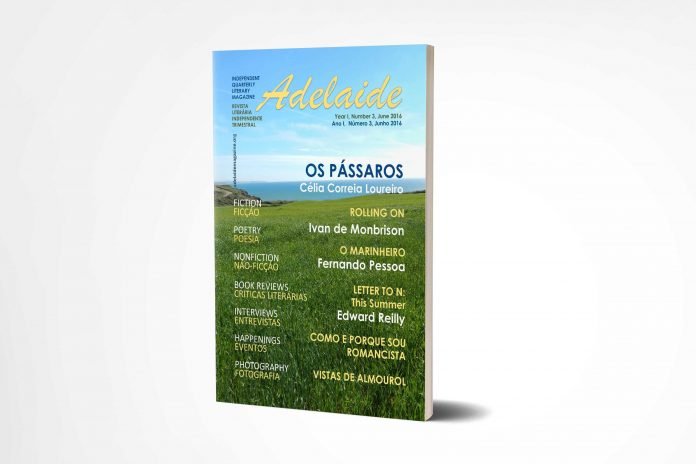| This year Lisbon Book Fair was held from May 26th to June 13th at its traditional location, the Eduardo VII Park (Parque Eduardo VII), the largest park of Lisbon, which is located in the vicinity of the monumental Praca do Marques de Pombal. Inaugurated in 1930s, this was the 86th annual gathering of Portuguese publishers and booksellers, organized by APEL, The Association of Portuguese Publishers and Booksellers. For over 180 exhibitors representing over 300 publishing houses in 277 booths, participating in the Lisbon Book Fair, was more about prestige and showcasing their work than about making profits. Open every day from eleven in the morning till ten in the evening, the Fair was packed with numerous events for all age groups of readers. Mornings and early afternoons were reserved for children book promotions, while late evenings were reserved for book signings by most popular authors. There was a little bit of everything for everybody’s taste and everybody’s pocket. While major publishers were giving 30 to 50% discounts of their titles, small publishers and alfarrabistas (used book sellers) were selling books for as low as 3 to 5 Euros. Numerous food vendors were making sure that those “hungry for a good book” fill their stomachs with something more tangible as well. Oriented mostly towards general public, Lisbon Book Fair kept its commercial and trade side as well. Traditionally, it was a place where new authors meet publishers and publishers meet booksellers. It wasn’t any different this year. Compared to US or other European markets, Portuguese book market is relatively small, and it is comprised of two or three major publishing and bookseller groups dominating the market and large number of small publishing houses and independent bookstores. Studies show that Portugal has one of the smallest readership bases in the EU, just about 50% of population. Taking this into account, together with rather high retail prices of printed books, one can conclude that it is not an easy endeavor to be in publishing business in Portugal. Portugal is also a big consumer of foreign fiction, which is immediately evident to anyone who frequents bookshops or large supermarkets, where names like J.K. Rawling, Jostein Gaarder, Joanne Harris etc. are attractively packaged and promoted. This clearly show the Portuguese public’s preference for translated fiction as opposed to works produced by the Portuguese authors. Nevertheless, Lisbon Book Fair is one of the most popular cultural annual events in the Portuguese capital and attracts big number of domestic and foreign visitors. Due to its location, it also became in recent years a particular tourist summer attraction for many foreign visitors discovering historical and cultural heritage of Lisbon. Most of the books are in Portuguese, but there are, however, quite a few of used booksellers (alfarrabistas) showcasing publications in English, French, German, and other languages, which might draw the interest of tourists who don’t want just to sample the charm of the Fair, but also to take some rare or old books back home from their stay in Lisbon. For authors, Lisbon Book Fair is also place where they can meet each other and exchange their experiences and ideas. This is where we met and interviewed young and upcoming Portuguese author, Célia Correia Loureiro, whose book “A Filha do Barão” brought much interest among visitors at the Fair. In this issue you can find interview with Célia, as well as some of her latest writings.  |






















